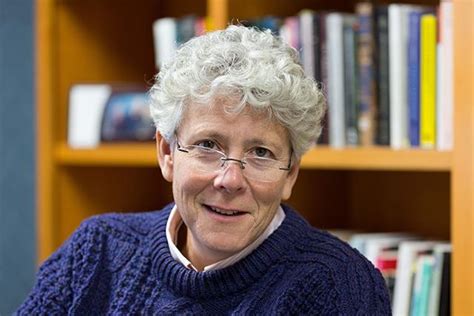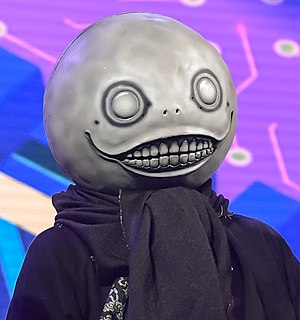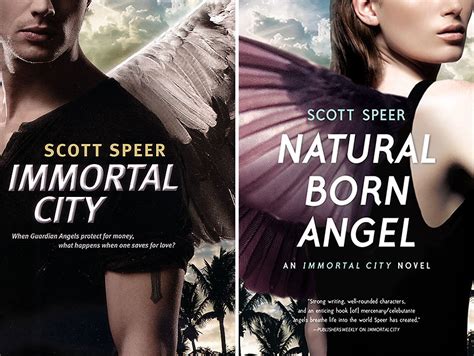A Quote by Jonathan Haidt
In college, I was dead set on being a philosophy major, because I wanted to figure out the meaning of life. Four years later I realized philosophy had really nothing to say about the meaning of life, and psychology and literature are really where it's at.
Related Quotes
Above all else, philosophy ought to aim for clarification - of the self, one's place in the world, and the ways we make meaning. Philosophy, when practiced well, can be useful. It can enable us to grapple in productive ways with questions about the meaning of life and who I am and how I want to be in the world.
A writer must always try to have a philosophy and he should also have a psychology and a philology and many other things. Without a philosophy and a psychology and all these various other things he is not really worthy of being called a writer. I agree with Kant and Schopenhauer and Plato and Spinoza and that is quite enough to be called a philosophy. But then of course a philosophy is not the same thing as a style.
When I got to college, I planned to be a math major, and, in addition to signing up for some math courses, I decided to take some philosophy. Quite by chance, I took a philosophy of science course in which the entire semester was devoted to reading Locke's Essay. I was hooked. For the next few semesters, I took nothing but philosophy and math courses, and it wasn't long before I realised that it was the philosophy that really moved me.
I never really wanted to have a Guru, I was more interested in Buddhist philosophy and meditation, and had a psychological background in college, but he had so much love. To be with him, there was nowhere else to be and nothing else to do. Nothing he taught, philosophy or meditation, are the things I went to India to look for, or was interested in, but he sort of jumped into my heart and then pulled, he pried it open.
I think that we all at some point are in search of something - a higher power, whatever you want to call it, the meaning of life. I know I was, especially at even my son's age in my 20s, and dabbling in Eastern philosophies and yoga and Buddhism and Christianity and Islam. I kind of touched them all, you know, just trying to figure out the meaning of life or if nothing else, figure myself out.
As soon as you look at the world through an ideology you are finished. No reality fits an ideology. Life is beyond that. That is why people are always searching for a meaning to life. But life has no meaning; it cannot have meaning because meaning is a formula; meaning is something that makes sense to the mind. Every time you make sense out of reality, you bump into something that destroys the sense you made . Meaning is only found when you go beyond meaning.
I drifted into a career in academic philosophy because I couldn't see anything outside the academy that looked to be anything other than drudgery. But I wouldn't say I 'became a philosopher' until an early mid-life crisis forced me to confront the fact that, while 'philosophy' means 'love of wisdom', and 'wisdom' is the knowledge of how to live well, the analytic philosophy in which I had been trained seemed to have nothing to do with life.
Philosophy - reduced, as we have seen, to philosophical discourse - develops from this point on in a different atmosphere and environment from that of ancient philosophy. In modern university philosophy, philosophy is obviously no longer a way of life, or a form of life - unless it be the form of life of a professor of philosophy.
For many years, questions about the meaning of life were dismissed as senseless. We were told that life, not being a word or sentence or anything language-like, can't intelligibly be said to have meaning. An encouraging development in the last couple of decades is a return by philosophers to addressing - as nearly all people do at some time or another - the question of life's meaning.
I want to give you something.” He slid the ring off his finger. “Up until this week, I’ve never wanted anything more in my life than to wear this ring. Not as a piece of jewelry, but because I thought I could find meaning in saving others, in being a hero. But the meaning I’ve finally found in my life is from meeting you.” He set the ring on the palm of his hand and held it out. “I want you to have it.
I think acting came later in life when I went to college. I started out there. I wasn't a big star in the school plays or anything. I guess I just really liked stories. I was an English-literature major, and that's all about stories and narratives. Film and theater are very powerful storytelling mediums. You sit in a dark room and enter another world. I love that as a member of the audience, and I sort of wanted to get on the other side.






































